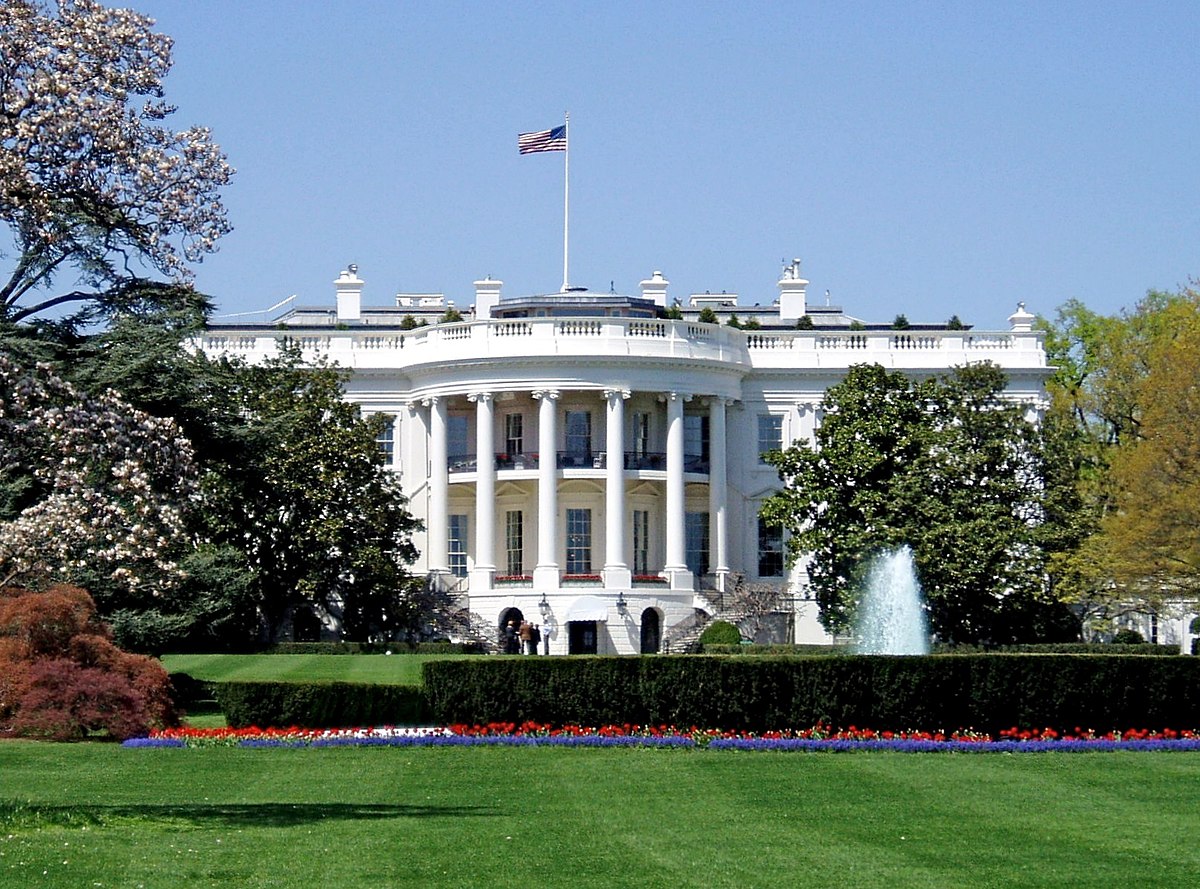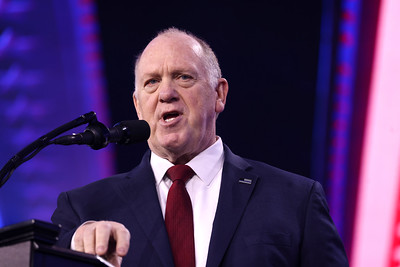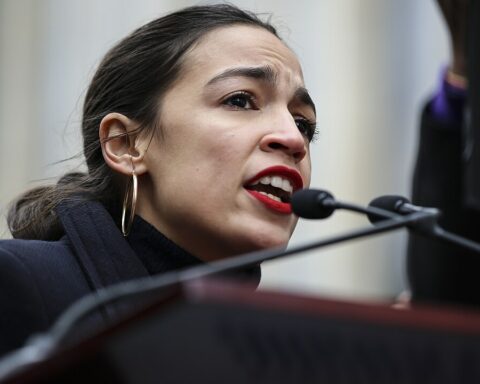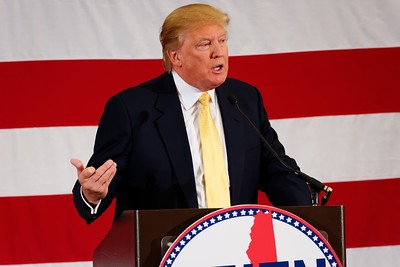Billions in foreign aid remain locked after the Supreme Court allowed President Trump’s administration to halt funds set to expire next week.
The administration had asked the high court to set aside a lower court’s order that required $4 billion in congressionally approved aid to be distributed by September 30.
The unsigned ruling gave the administration the green light, extending Chief Justice John Roberts’s earlier temporary hold on the injunction from U.S. District Judge Amir Ali.
The justices explained briefly that the government had made a sufficient showing “at this early stage” that the case fell under the Impoundment Control Act and that challengers had no authority to compel the release of the funds.
They also noted that possible harm to Trump’s foreign policy outweighed what plaintiffs claimed they might suffer.
“This order should not be read as a final determination on the merits,” the ruling stated.
“The relief granted by the Court today reflects our preliminary view, consistent with the standards for interim relief.”
Justice Elena Kagan, joined by Justices Sonia Sotomayor and Ketanji Brown Jackson, dissented.
Kagan wrote that the case raised “novel issues fundamental to the relationship between the President and Congress.”
She argued that the stakes centered on the balance of fiscal power between branches of government, warning that the majority should not have granted emergency relief with such expensive issues unresolved.
Kagan said the frustration of the administration was simply “the price of living under a Constitution that gives Congress the power to make spending decisions.”
She added that if laws required money to be spent and Congress had not relieved the Executive of that duty, then the president must comply.
According to Kagan, the administration could not claim harm merely because the president’s vision of “American values” or “American interests” differed from Congress’s choices.
Roberts’s initial pause only applied to funds targeted by Trump’s August 28 rescission request to Congress.
Of the $30 billion total at issue, about $10.5 billion is set to lapse on September 30.
Government attorneys said $6.5 billion would still be obligated before that deadline, leaving $4 billion in dispute.
Solicitor General D. John Sauer told the court that Ali’s injunction would have forced the administration to spend the remaining money at “breakneck speed,” even as Trump had already asked Congress to cancel the aid.
While the Supreme Court sided with the administration on the foreign aid dispute, the White House faced setbacks in other courts this week.
In one ruling, a federal judge struck down the administration’s attempt to tie federal disaster and security grants to cooperation with immigration authorities.
The Department of Homeland Security had set conditions requiring recipients of FEMA grants to coordinate with immigration enforcement.
Twenty Democrat-run states sued, claiming the rule unfairly punished them for immigration policies.
Judge William Smith, appointed under President George W. Bush, agreed with the states.
He issued a permanent injunction, calling the policy “arbitrary and capricious” and unconstitutional.
He warned that the conditions risked undermining state planning and public safety.
In a written statement, DHS spokesperson Tricia McLaughlin pushed back, saying, “cities and states who break the law and prevent us from arresting criminal illegal aliens should not receive federal funding.”
“Radical sanctuary politicians need to put the safety of the American people first—not criminal illegal aliens,” she added.
Lock Them Up! Russiagate is reigniting…
Obama, Clinton, Comey, and Brennan are all on the hook!
CLICK HERE to demand Russiagate conspirators got to prison!
“The Trump Administration is committed to restoring the rule of law. No lawsuit, not this one or any other, is going to stop us from doing that.”
In another case, a judge in Arizona blocked the administration’s efforts to deport nearly 70 unaccompanied minors from Honduras and Guatemala.
U.S. District Judge Rosemary Márquez issued a preliminary injunction prohibiting the removal of the children without proper orders from an immigration judge.
Márquez criticized the government’s claim that deportations were aimed at family reunification, writing that it was “dangerously unclear” whether any such reunions would occur.
She noted that officials could not provide a single example of coordination with parents or foreign governments.
A report from Guatemala’s attorney general showed that while some families would accept their children back, none had asked for their return, with many preferring to consider the possibility of their children remaining in the U.S.
Márquez had previously issued a temporary order over Labor Day weekend stopping the removal of 57 Guatemalan and 12 Honduran minors.








Victory Hooray awesome